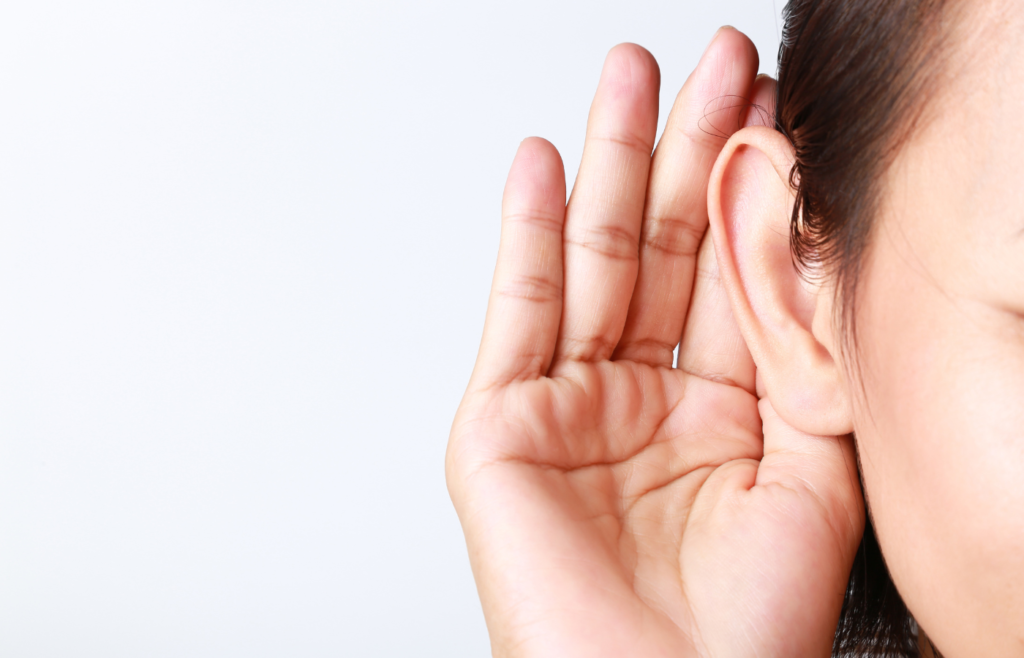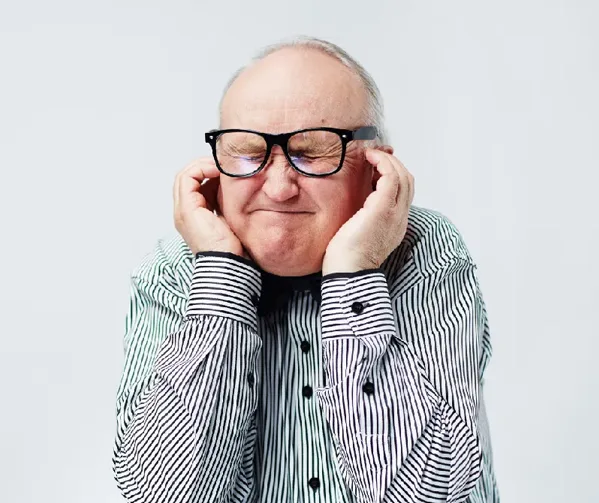If you have noticed that your HVAC blower is making an unusual noise, you might feel concerned that this bothersome and disruptive racket could indicate a more serious problem. Fortunately, a loud HVAC blower is usually a simple fix. Nevertheless, you should consider contacting a service technician to ensure the issue isn’t a safety hazard.
Dirty or Clogged Air Filters
Over time, dust, dirt, and debris can accumulate on the air filters, restricting airflow and causing the blower to work harder. This increased workload can lead to an increase in noise production. Regularly replacing your air filters, as often as recommended by the filter manufacturer or your HVAC technician, can significantly reduce blower noise and improve overall system efficiency. Your filter’s shade of gray can also indicate whether it needs to be replaced.
Blocked or Obstructed Vents
If furniture, drapes, or other objects block airflow from your vents, it can disrupt the smooth passage of air and create turbulence, resulting in increased noise levels. Ensure all vents are clear and unobstructed to allow proper circulation and minimize unwanted noise.
Ductwork Issues
Damaged, poorly insulated, or improperly installed ducts can create air leaks, causing vibrations and other unpleasant noises.
Aging or Malfunctioning Blower Motor
An aging blower motor can develop mechanical issues or experience wear and tear, increasing noise levels. Worn-out bearings, bent fan blades, or an imbalanced motor can contribute to a noisy blower, also.
Loose or Damaged Blower Components
Over time, the various components of your HVAC blower can loosen or sustain damage. Loose fan blades, motor mounts, or deteriorating belts can cause vibrations and rattling sounds.
Oversized or Undersized System
When your system is too big or too small for the size of your home, it can cause many issues, including noise. An oversized system tends to short-cycle, turning on and off frequently, which can create excessive noise. An undersized system may struggle to meet the desired heating or cooling demands, leading to increased blower noise as it strains to maintain your temperature settings.

Types of Noises
The type of noise your blower makes will help indicate the source of the issue to professional ears, but for a homeowner, it’s important to know when the sound is potentially dangerous so you can react accordingly. Locate the sound you are hearing on the following list to find the proper course of action:
Turn off your system immediately and call a service technician before turning it back on if you hear the following sounds:
- Loud scraping
- Banging
- Rumbling
- Metal hitting metal
You can keep the unit running but need to call for emergency service if you hear either of these sounds. If the sound worsens, turn off your system.
- Loud thumping
- Vibrating
The following sounds are usually not an emergency but you should still call a service technician:
- Squealing
- Loud humming
- Popping
- Rattling
Regular maintenance and professional inspections will ensure your HVAC system runs quietly and efficiently. If you suspect an issue with your heating or cooling system, promptly addressing the problem will prevent future repairs and increase the lifespan of your unit.
If your question isn’t answered here, contact the Pierce Refrigeration team and one of our experts will guide you in finding your solution.
Need 24-7 emergency service? Looking for advice on improving your everyday air quality and comfort at home and at work? Contact the friendly staff at Pierce Refrigeration at 800-696-1088.

